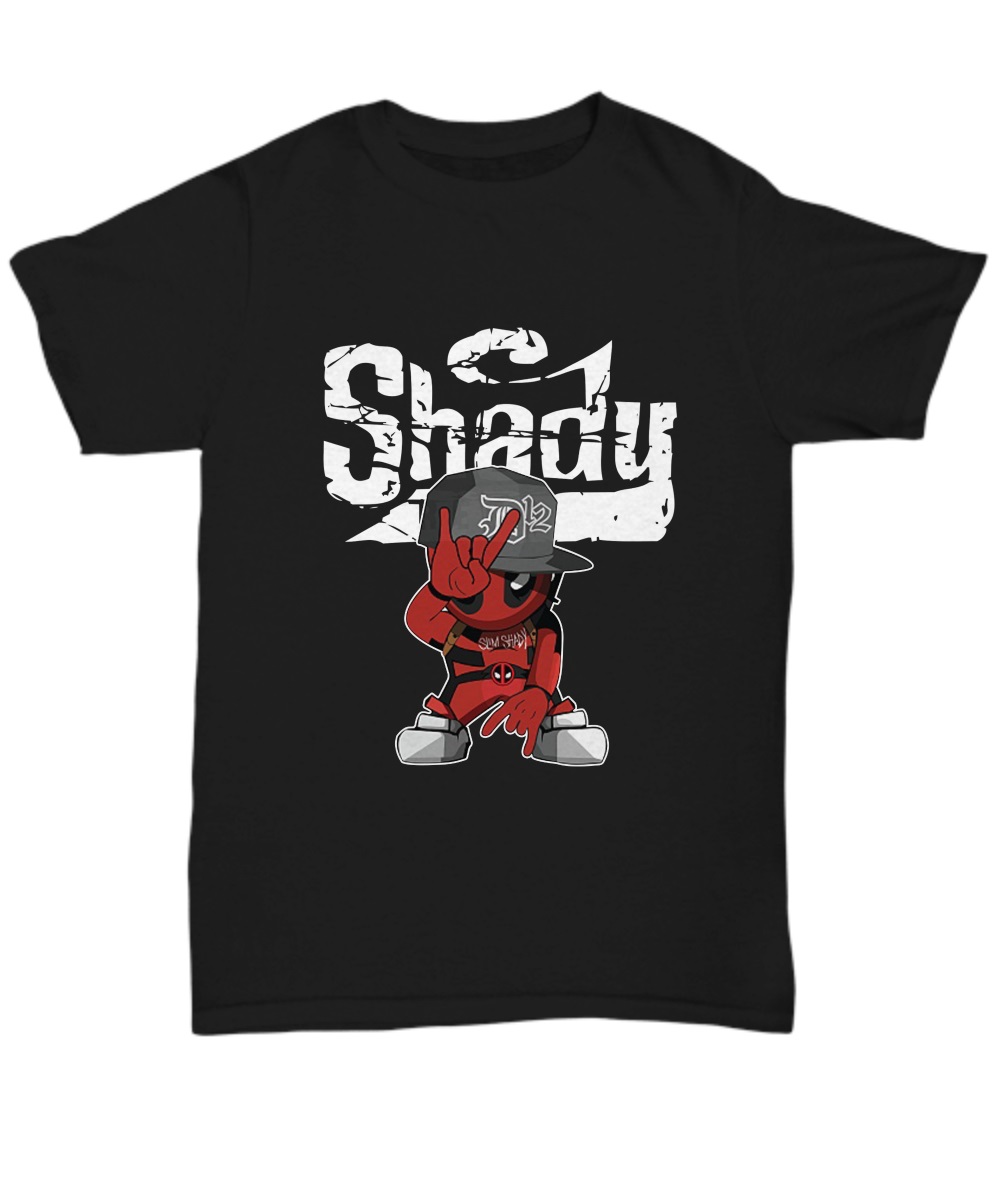Dark humor is like food not everyone gets it Shirt
Or buy product at :teechip
-
5% OFF 2 items get 5% OFF on cart total Buy 2
-
10% OFF 3 items get 10% OFF on cart total Buy 3
-
15% OFF 4 items get 15% OFF on cart total Buy 4
♥CHECK OUR BESTSELLERS - LIMITED EDITION SNEAKER FOR MEN OR WOMEN:
Best Selling Sneaker
Retro SP x J Balvin Medellín Sunset (UA) Air Jordan 3 Sneaker
Best Selling Sneaker
Best Selling Sneaker
Best Selling Sneaker
Table of Contents
ToggleDark humor is like food not everyone gets it Shirt
In these strange times, people naturally turn to the past for orientation: Londoners recall the spirit of the Blitz, while citizens of St Petersburg look back to the Nazis’ Siege of Leningrad to remind themselves what they can overcome. But tales of suffering and heroism take us only so far. Humor is just as important. It punctures the sense of pervasive anxiety and shines a light into unfamiliar and dark places.Here, too, the past can serve as a guide. History reminds us that laughing in the face of fear is a powerful impulse, regardless of the risk involved. Soviet citizens lived in a world where a single wrong word could mean denunciation and their lives being torn apart by Stalin’s ruthless secret police. A harmless joke could lead to the dreaded 5 a.m. knock, ransacked apartments, and a terrifying ride in a ‘Black Raven’ prison car to an NKVD cell. There, these unfortunate souls were frequently subjected to days-long interrogations by officials determined to extract confessions that transformed a careless joke into evidence of a conspiracy against the Soviet project. A directive issued in March 1935 declared that sharing political jokes was essentially the same as leaking state secrets, so the intentions of joke-tellers were to be systematically disregarded.


Dark humor is like food not everyone gets it Shirt
Even those totally committed to the Soviet project were not safe. Card–carrying party members often shared ‘anekdoty’ (political jokes) with each other to air their frustrations with a regime that constantly fell short of its grandiose promises. In early 1934, Paraskovaya Pomelova, a party member in her late twenties, shared a joke with one of her colleagues:Stalin went for a swim in the River Neva and began to drown. A collective farmer was passing by and jumps in to save him. Back on shore, Stalin begins to ask the farmer what he’d like as a reward, but, realizing who he’s saved, the farmer interrupts: ‘Nothing! Just don’t tell anybody that I saved you!’Pomelova was arrested in 1937, at the height of Stalin’s purges, for the joke she had told three years earlier.


A. SHIPPING COSTS
Standard Shipping from $4.95 / 1 item
Expedited Shipping from $10.95 / 1 item
B. TRANSIT, HANDLING & ORDER CUT-OFF TIME
Generally, shipments are in transit for 10 – 15 days (Monday to Friday). Order cut-off time will be 05:00 PM Eastern Standard Time (New York). Order handling time is 3-5 business days (Monday to Friday).
C. CHANGE OF ADDRESS
We cannot change the delivery address once it is in transit. If you need to change the place to deliver your order, please contact us within 24 hours of placing your order at contact.boxboxshirt@gmail.com
D. TRACKING
Once your order has been shipped, your order comes with a tracking number allowing you to track it until it is delivered to you. Please check your tracking code in your billing mail.
E. CANCELLATIONS
If you change your mind before you have received your order, we are able to accept cancellations at any time before the order has been dispatched. If an order has already been dispatched, please refer to our refund policy.
G. PARCELS DAMAGE IN TRANSIT
If you find a parcel is damaged in transit, if possible, please reject the parcel from the courier and get in touch with our customer service. If the parcel has been delivered without you being present, please contact customer service with the next steps.
No Hassle Returns and Refunds
Our policy lasts 14 days. If 14 days have gone by since your purchase, unfortunately we can’t offer you a refund or exchange.
To be eligible for a return, your item must be unused and in the same condition that you received it. It must also be in the original packaging.
Several types of goods are exempt from being returned.
Gift cards
Downloadable software products
Some health and personal care items
To complete your return, we require a receipt or proof of purchase.
Please do not send your purchase back to the manufacturer.
There are certain situations where only partial refunds are granted (if applicable) :
– Any item not in its original condition, is damaged or missing parts for reasons not due to our error
– Any item that is returned more than 30 days after delivery
Refunds (if applicable)
Once your return is received and inspected, we will send you an email to notify you that we have received your returned item. We will also notify you of the approval or rejection of your refund.
If you are approved, then your refund will be processed, and a credit will automatically be applied to your credit card or original method of payment, within a certain amount of days.
Late or missing refunds (if applicable)
If you haven’t received a refund yet, first check your bank account again.
Then contact your credit card company, it may take some time before your refund is officially posted.
Next contact your bank. There is often some processing time before a refund is posted.
If you’ve done all of this and you still have not received your refund yet, please contact us at contact.boxboxshirt@gmail.com

















